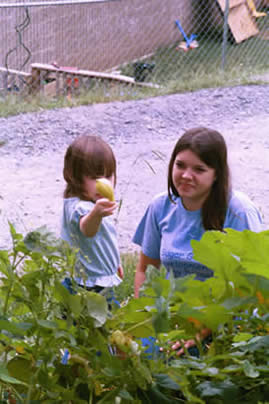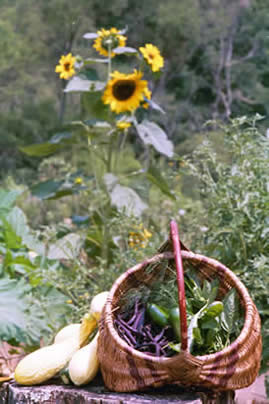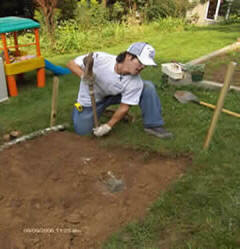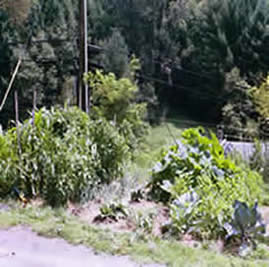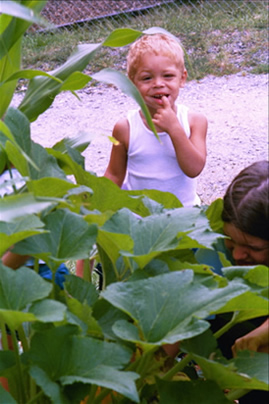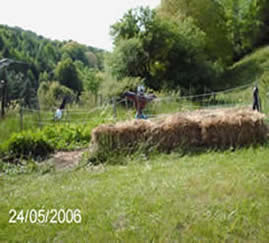Watauga County, NC
During World War II, backyard vegetable gardens, contributed to 40% of the USA’s food production. Today more and more people want to remember how to garden due primarily to rising costs of fuel, food and transportation.
A grant of $2,500 from the Clabough Foundation along with a number of private donations, gave Jasmine ShoShanna the opportunity to begin the Gardens for Humanity and Zero Waste project in North Carolina. Although the gardens produced food, they also provided opportunities to educate people about their environment, where their food comes from and the importance of zero waste.
The financial assistance provided at the start, as well as the community support, made the project possible. Local Boy Scouts groups assisted with building the community center garden beds; students from Appalachian State University volunteered to maintain the gardens; and a local farmer donated soil. The gardens are based on the notion that 60 – 90% of waste can be composted and returned to the earth as fertilizer. Each garden is based in a different area of the county. The gardening project grew to include schools, neighborhoods and other community organizations. There are now six gardens in the High Country area.
